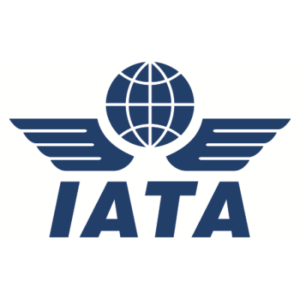
The International Air Transport Association (IATA) has advised air cargo stakeholders to accelerate the modernisation of their service process to enhance the delivery of quality service.
Its Chief Executive Officer, Alexandre De Juniac, gave the advice at the World Cargo Symposium in Abu Dhabi.
He said after several years of non-growth, air cargo demand began to rise in the second half of last year.
In January, cargo performance showed a seven per cent growth in demand compared to the previous year.Partnerships, he said are critical in driving industry transformation.
“Driving change—whether it is to modernise processes or unlock value through innovation—is challenging for a business where global standards are so vital.
“Air cargo is highly regulated–so governments must be on-board with change. We are a complex value chain, so building industry consensus is critical. To be successful we must work in strong partnerships,” he said.
Juniac stressed the need to address safety concerns with the shipment of certain goods, such as lithium batteries, an area partnerships are critical.
Industry and government, he said, had worked to put in place regulations based on global standards so that lithium batteries can be shipped safely.
Juniac said: “The problem is that the regulations are not being enforced. We still see too many examples of abuse including mislabelling of batteries. We ask governments to step up enforcement and take a tougher stance against rogue shippers. They have the power to impose significant fines and custodial sentences on those violating the regulations. We ask that they put these in place to stop the violations.
“Two of the fastest growing and most profitable parts of the business are focused on meeting specific customer needs. These are e-commerce as well as time- and temperature-sensitive cargo such as pharmaceuticals. It’s a great example to illustrate that we are most successful when we understand and meet customer expectations with value-added solutions.
“Shippers want responsive services based on intelligent systems to self-monitor, send real-time alerts and respond to deviation.
“Technologically speaking, this is possible. The key to this and other innovations is using data efficiently and effectively. Finding solutions to unfulfilled or even unrealised expectations creates value for customers. And that propels a business. Listening to the customer has never been more important.
“The positive forces currently supporting growth are good news. But our customers are telling us that they expect more.
“Complicated and convoluted paper-based processes that are basically unchanged from the 16thcentury are still being used in air cargo today.
“Our customers pay a premium to ship by air and they rightly expect modern processes and high quality services focused on two key areas for industry transformation.”
He said the industry has been pursuing a digital transformation known as e-freight for over a decade developing into a key element for market adoption.
Junaid said e- freight has gained global penetration attaining 50 per cent among industry users.